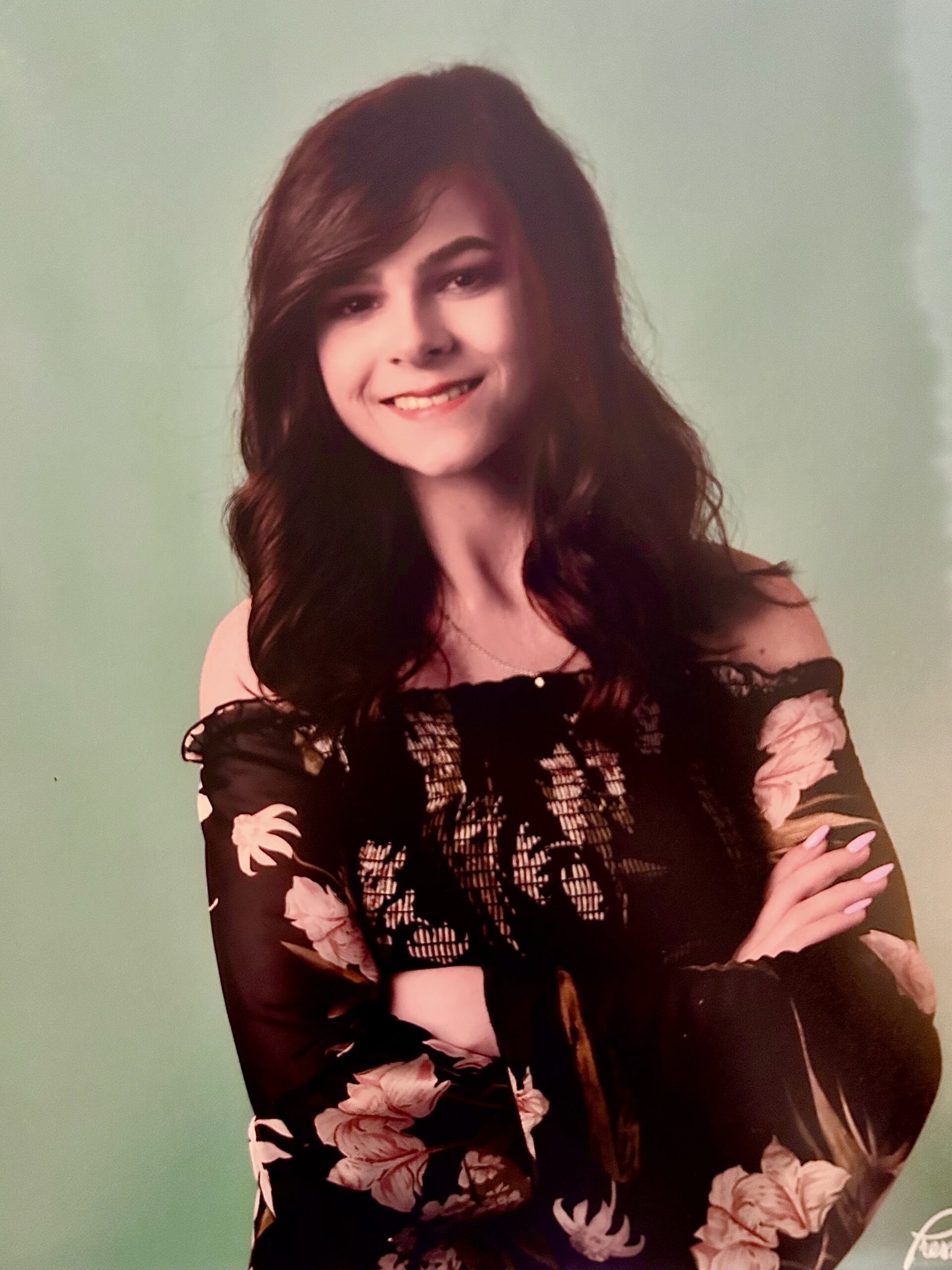
Step into the captivating universe of Yuletide, a fanfiction extravaganza that, among many, marks the rhythm of fan-created narratives throughout the year. In a calendar adorned with events like AUgust being dedicated to Alternate Universes, Tropetember focusing on tropes, and diverse fan weeks spotlighting specific fandoms and characters, Yuletide stands as a testament to the creative expression within fan communities. As an annual exchange event, Yuletide invites participants to craft and exchange stories, offering a unique platform for the celebration of diverse and often overlooked fandoms.
Characteristics of Yuletide Fanfiction
Yuletide, an annual fanfiction exchange, follows a process that begins with a nominations stage in September or October, where participants submit their preferred fandoms and characters. Sign-ups follow, lasting approximately one week, during which participants list the fandoms they are willing to write for and those they desire stories from, along with specific characters. The matching process employs an algorithm, pairing each writer with a requester based on common fandoms. Participants commit to writing one story for the fandom they offered and receiving one in return from a secret author who shares their requested fandoms. Additional stories, often inspired by other request letters, are encouraged.
The challenge unfolds over several months, with participants writing a minimum of 1,000-word stories that must include the characters from the recipient’s request. While participants can provide optional details in their requests, such as preferred relationships or story types, these are not mandatory for authors to follow. The process culminates on December 25th, with participants receiving at least one story in a fandom they requested, featuring the characters they specified. Yuletide also incorporates a Yuletide Madness sub-collection, allowing participants to write and share extra stories, and the New Year’s Resolution challenge, which opens after the author reveal, allowing unfilled requests from the main challenge to be addressed.
Yuletide Fandoms
At the core of Yuletide’s charm are the diverse and often unconventional fandoms that take center stage during its annual festivities. This year’s requests exemplify the celebration of the obscure, the overlooked, and the extraordinary. One request delves into the realm of hilarity with “A Civil War Ghost” CharactersWelcome comedy sketch by comedian Brennan Lee Mulligan, a unique and rare choice that captures the essence of a comedy sketch as its source material. Another rare gem on the list is Ring of Swords by Eleanor Arnason, a work with limited fanfiction presence, making it a standout choice for those who appreciate the unconventional. Yuletide not only thrives on shedding light on these less-explored realms but also challenges traditional notions of what qualifies as a “fandom,” encompassing everything from commercials and paintings to Twitter accounts and viral YouTube videos.
Origins and Evolution
Yuletide, an annual fanfiction exchange initiated in 2003 by fan creators astolat and tzikeh, saw remarkable growth from its modest beginnings, with participant numbers soaring from 300 in its inaugural year to over 2,100 by 2009. The event showcased a diverse range of fandoms, including TV shows, anime, books, and more. Yuletide’s evolution was marked by a pivotal transition in 2009 when it shifted its posting platform to the Archive of Our Own (AO3). This move brought about both challenges and advancements, introducing new features like automatic gift notifications and improved editing capabilities while necessitating the import of the entire Yuletide archive to AO3.
The import process, managed by AO3’s Open Doors project group, faced delays but was ultimately completed in May 2014, marking a significant milestone for Yuletide’s history. The migration preserved the event’s legacy, providing a seamless experience for participants and readers on AO3. Yuletide’s journey reflects its adaptability and resilience within the dynamic landscape of fanfiction communities, ensuring its continued growth and presence as a prominent event on the Archive of Our Own.
Community and Collaboration
Yuletide’s unique cultural traditions add an extra layer of festive charm to the fanfiction exchange. The concept of the Yule Goat, introduced by Liviapenn in 2009 but in use at least two years prior, serves as the bearer of Yuletide presents, offering a less religiously affiliated alternative to the traditional Santa. This imaginative departure reflects the inclusive and diverse nature of Yuletide, fostering an atmosphere that transcends typical holiday traditions. The cultural exchange extends beyond the Yuletide participants, with fans often assuming the event’s universality, leading to inquiries like “What did you get for Yuletide?” becoming common, regardless of one’s involvement.
Collaboration and camaraderie play a vital role in the Yuletide experience, facilitated by the unofficial IRC chatroom established since 2004 and the later addition of a Discord server in 2017. These spaces become lively hubs in the weeks leading up to the Yuletide deadline, serving as platforms for participants to encourage each other, share in the collective hysteria and humor, and navigate the pressures of impending deadlines.
The collaborative spirit extends to the signup process, where fans pair up writers and fics through a sorting algorithm. “Dear Santa” letters help writers unfamiliar with their assigned fandoms, creating a supportive atmosphere for participants. The 24-hour period between the final submission deadline and Christmas Day also sees the creation of last-minute “treats” for giftees in Yuletide Madness, showcasing the dedication of the fanfiction community.
Challenges and Controversies
Despite its success, Yuletide has encountered its fair share of challenges, particularly in managing the logistics of hosting an extensive repository of fanfiction. The division of submissions between two sites and occasional navigation issues have posed logistical hurdles. Additionally, debates have arisen over the definition of a “rare” fandom, and concerns about resource usage on the Archive of Our Own (AO3) servers have fueled intermittent controversies.
In an effort to promote diversity and representation in Yuletide fanfiction, the Misses Claus Challenge has been introduced. This challenge aims to highlight women in Yuletide narratives by incorporating the three-pronged Bechdel test as its criteria. Stories are eligible for the challenge if they either pass the Bechdel test, involving two women engaging in a conversation unrelated to a man, or if the story features a female protagonist whose narrative centers on elements other than her relationship with a man. Participants who successfully meet these criteria are encouraged to label their stories with the “Misses Claus” tag, contributing to the broader goal of fostering inclusivity and diverse storytelling within the Yuletide community.
